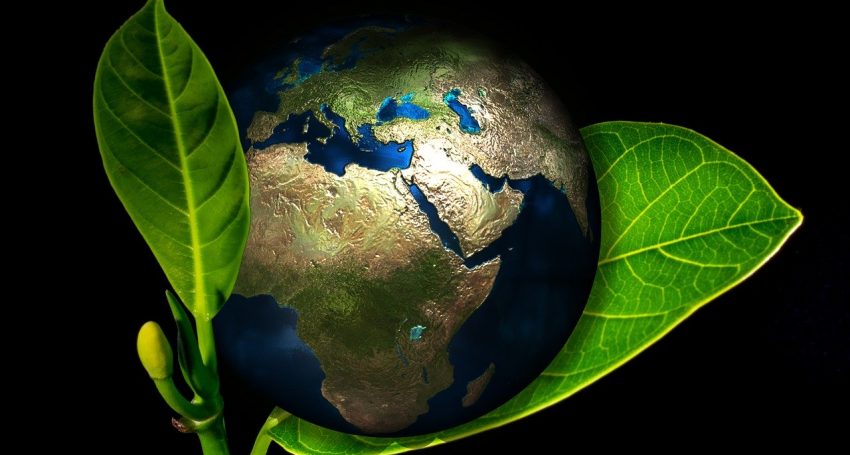11,000 global scientists warn of "untold suffering" from "climate emergency"
Features
“In our highly politicised and increasingly secular society, it can be hard to remember that many ‘wicked’ problems are underscored by a moral dimension,” says Climate Advocate Gillian King

The words “untold suffering” and “climate emergency” rang out around the world recently as more than 11,000 global scientists warned that we need to leave fossil fuels in the ground, among other measures, to prevent irreversible climate disruption.
The rare international collaboration, which was published in BioScience Journal on 5 November, was supported by scientists from 153 countries, including 350 scientists from Australia.
The journal article’s introduction states that “scientists have a moral obligation to clearly warn humanity of any catastrophic threat…”
Advertisement
In our highly politicised and increasingly secular society, it can be hard to remember that many ‘wicked’ problems are underscored by a moral dimension.
As Christians, what is our moral response to this “climate emergency”?
God has given us life and the conditions in which to flourish. We share one common home, Earth, with all life as we know it. Earth is part of God’s creation and God has entrusted us with caring for it.
Honouring God means caring for this gift and living up to the responsibilities God has given us. It means caring for each other and indeed life as we know it. That work includes maintaining the habitability of Earth to ensure our survival.
In the Two Great Commandments, Jesus reminds us of our responsibilities:
“‘You shall love the Lord your God with all your heart, and with all your soul, and with all your mind.’ This is the greatest and first commandment. And a second is like it: ‘You shall love your neighbor as yourself.’ On these two commandments hang all the law and the prophets.” (Matthew 22.34-40)
These commandments are reflected in the Anglican Communion’s Five Marks of Mission, which include:
- To respond to human need by loving service
- To transform unjust structures of society, to challenge violence of every kind and pursue peace and reconciliation
- To strive to safeguard the integrity of creation, and sustain and renew the life of the earth
When we do this, we are being fair to God, to our children and grandchildren, and indeed to all life as we know it.
Yet, do we follow the two great commandments, especially when it comes to responding to the climate of our one and only common home? Do we speak up and take action against further damage to our climate and on the consequences of damage already done? Are we changing how we go about our lives to tread more lightly upon the Earth and show the way to other people so that we can restore the balance in creation?
Advertisement
In a sermon in New York City on 22 September, The Rev’d Dr Olav Fykse Tveit, the General Secretary of the World Council of Churches (WCC), put the question powerfully:
“Do you love me? This is the question our children and youth are asking, demanding a love that shows itself in solidarity with them and their future, all over the world. What we are dealing with is always both very near to us and yet also a global reality. We know that now.
“Do you love me? The question also comes from all those with whom Jesus identified. All those in the margins, all those who are less empowered and privileged. The WCC has said that we are on a Pilgrimage of Justice and Peace together, seeking just peace in all the world. We are pursuing our mission work from and with the margins. And we are committing ourselves as churches to children, ending violence against them, individually and collectively, now and for the future.
Related Story
 News
News
People of faith commit to living sustainably around the nation
“Do you love me? The question comes from all that are created by God, all that are interdependent with one another in what we call nature. This is no less the reality for those living in urban areas than in rural areas. We are all totally dependent on everything, the whole, the balances between everything God has created. We are ourselves living organisms, we are nature ourselves, not disembodied souls just sojourning on earth.”
So, are we truly following the two great commandments? This is the key to turning around the unfolding climate emergency and ecological crisis.





